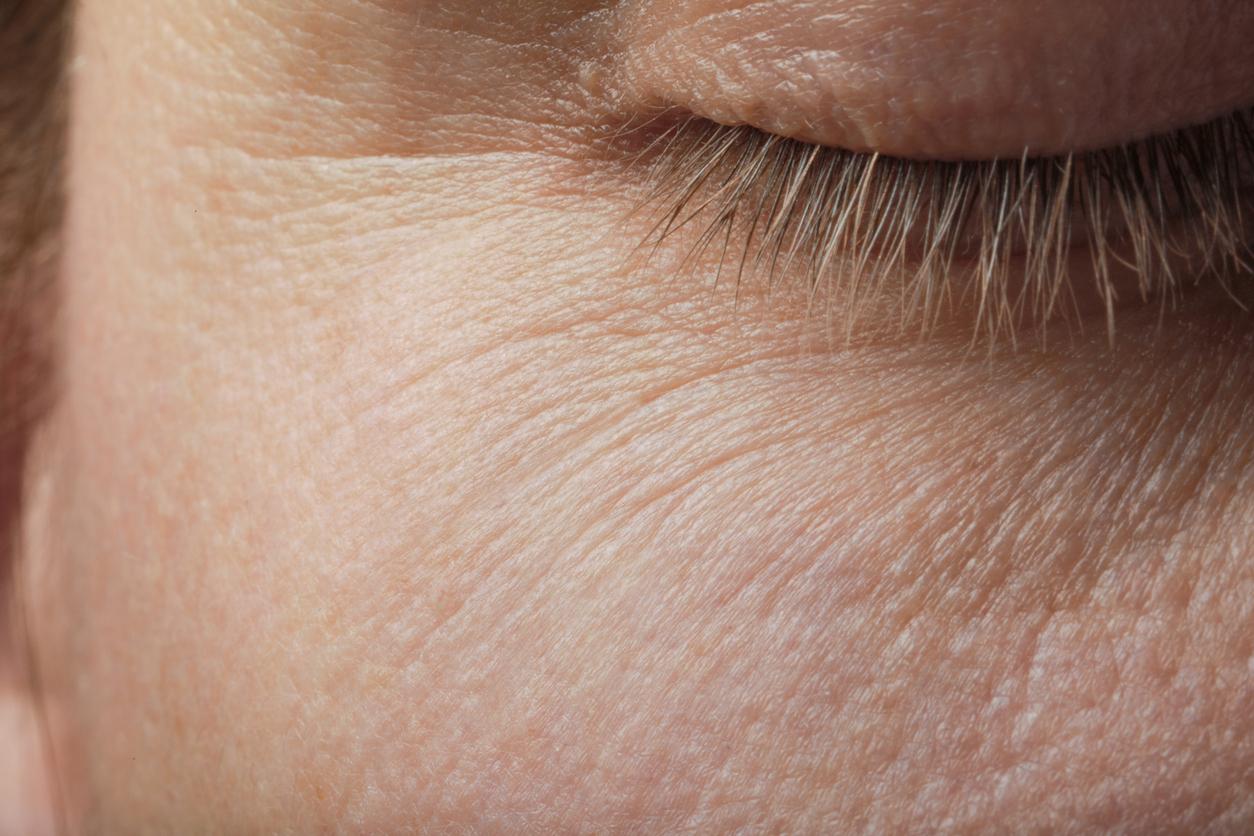
Both positive and negative
People who are depressed have a higher risk of illness. And long-term sick people are more likely to suffer from depression. Fortunately, there is something that can be done about it. Body and mind can also help each other.
Almost everyone knows examples of the close relationship between body and mind. The knowledge that suddenly after a heart attack depressed is becoming. The sick grandmother who refuses to die because she wants to see her grandson’s wedding and dies two days after the party. In the medical world, the intertwining of body and mind has been in a bad light for decades. That is not so strange: it quickly evokes associations with the ‘between-the-ears mafia’. It states that by thinking positively you could even cure cancer.
Yet a slow revolution is taking place: doctors, psychologists and psychiatrists are increasingly working together to treat chronic diseases. That’s because there is growing evidence in science for the “soft” view that the mind affects physical health. And vice versa.
Fake painkiller visible on brain scan
An example of the interaction between body and mind is the placebo effect, which is nowadays even visible on brain scans. If someone is unknowingly given a fake pill while the doctor tells them it is an effective painkiller, the same brain regions appear to be active as when taking a real painkiller.
Long-term sustained stress has also been shown to lead to observable changes in the immune system. Not surprisingly, someone who is tense for a long time is much more likely to catch a cold or the flu. Even wounds heal less quickly. Other research shows that sometimes side effects of drugs are not a result of the drug itself. You can feel nauseous, or get bumps, from the fear and worry that a drug evokes. Or from the scary side effects listed in the package insert.
Don’t suffer illness
“Actually, you cannot look at diseases without psychology,” says Professor of Psychobiology Andrea Evers of UMC St Radboud in Nijmegen. According to Evers, many chronically ill patients benefit from a combination of medical and psychological help. “The idea that chronic diseases are only determined by physical factors is outdated. Especially with diseases that do not go away, the way you deal with it has an effect in the long term.”
Even though the cause is purely physical, psychological factors often play a role in how a disease develops. That is less vague than it seems at first glance. For example, chronically ill patients who are also depressed are less likely to adhere to their doctor’s prescriptions. Evers: “They rather think: this is happening to me, there is nothing that can be done about it. With skin diseases, for example, only 40 to 70 percent of patients follow the treatment instructions completely. So it really makes sense to motivate chronically ill people not to have their condition. to suffer.”
More trust
In addition to purely medical treatment, patients with heart complaints, skin disorders, diabetes and rheumatism in the Radboud hospital more and more often a referral to a psychologist. For example, if they find it difficult to accept their condition. Often one or two meetings are enough to gain more confidence in the treatment. But also more extensive therapy is regularly offered. In it, for example, you learn to change negative thoughts and behavior around your illness.
“A large proportion of the chronically ill who follow this behavioral therapy not only feel better psychologically,” says Andrea Evers. “Also physical complaints such as pain and itch often decrease.” And that’s not just because the patients are taking their medicines better. The effect of the behavioral therapy comes on top of that of the medical treatment.
She can’t name numbers. “Whether this effect occurs differs per condition and per person,” says Evers. It is not yet clear what the cause is. Perhaps changed expectations play a decisive role. Evers: “We see, for example, that people who are very afraid of side effects become less anxious. They can unlearn the unconscious physical fear reactions they got when taking their medicines – such as pain, nausea or allergic complaints.”
Her research team has also shown that persistent itching can be influenced by expectations. Subjects received stimuli on their arm. One half was told in advance that almost everyone got itchy. The other half were told that hardly anyone noticed. Evers: “What turned out? Those who expected itching actually felt more itching. And vice versa.” The researchers discovered the same effect for pain complaints.
New treatments
Andrea Evers wants to use these discoveries to develop new psychological treatments for people with chronic diseases. These treatments have an almost immediate positive effect on ailments through learned reactions. In psychology this is called ‘conditioning’.
An example from an international study: healthy people were given an anti-inflammatory drug, always together with a milkshake. Over time, the real medicine was replaced by a fake. Surprisingly, their immune system reacted as if it were still getting the anti-inflammatory. A fake pill or a real pill, it made no difference.
Sources):
- Plus Magazine















